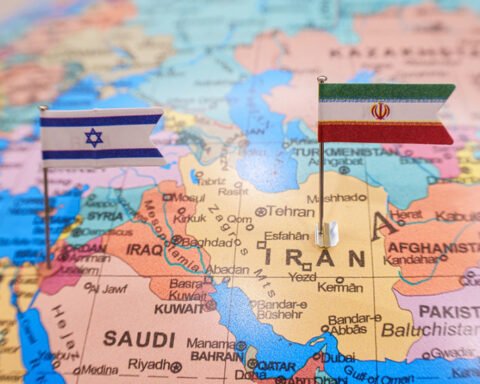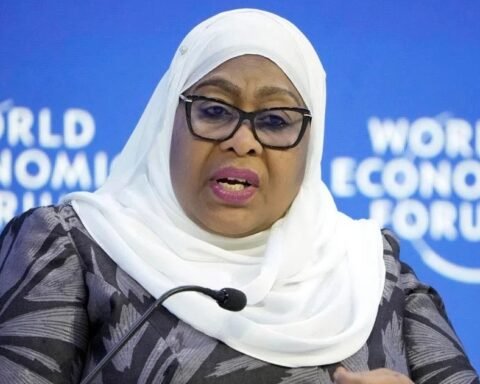Chinese officials have warned that the country must be ready for a potential trade war with the United States as tensions between the two economic superpowers continue to rise.
The statement follows a series of tariff increases and retaliatory measures that have strained relations between Beijing and Washington.
Recent talks between U.S. Trade Representative Jamieson Greer and Chinese Vice Premier He Lifeng highlighted the growing concerns. Greer reiterated the U.S. administration’s stance on trade, emphasizing the need to protect American industries and workers. In response, Vice Premier He expressed China’s frustration over U.S. tariffs and trade restrictions, describing them as unfair and harmful to both nations’ economies.
The Trump administration recently introduced a 20% tariff on all Chinese imports, citing concerns over trade imbalances and the flow of chemical precursors for fentanyl. In response, China imposed tariffs of up to 15% on a range of U.S. goods, further fueling the trade dispute.
American businesses are already feeling the effects. Major retailers such as Walmart, Costco, and Home Depot are exploring alternative supply chains, shifting production to countries like Mexico and those in Southeast Asia to offset rising costs. Similarly, companies like Williams-Sonoma are negotiating price cuts with suppliers and increasing domestic manufacturing to cope with the new trade barriers.
Also Read; Russia Strikes Ukraine’s Power Plant
Amid Winter
The tech industry has also been impacted. The U.S. government has added over 80 companies, including more than 50 Chinese firms, to its export control list, restricting access to advanced technologies due to national security concerns. This decision has caused stock prices of major chipmakers, such as Nvidia and Intel, to drop sharply as investors worry about potential sales losses in China.
With no clear resolution in sight, experts warn that prolonged trade tensions could disrupt global markets, drive up consumer prices, and slow economic growth worldwide. While both countries have agreed to keep communication channels open, the possibility of a full-scale trade war remains a looming risk.
As negotiations continue, businesses and policymakers around the world are closely watching developments, hoping for a diplomatic resolution that will stabilize international trade and prevent further economic fallout.







